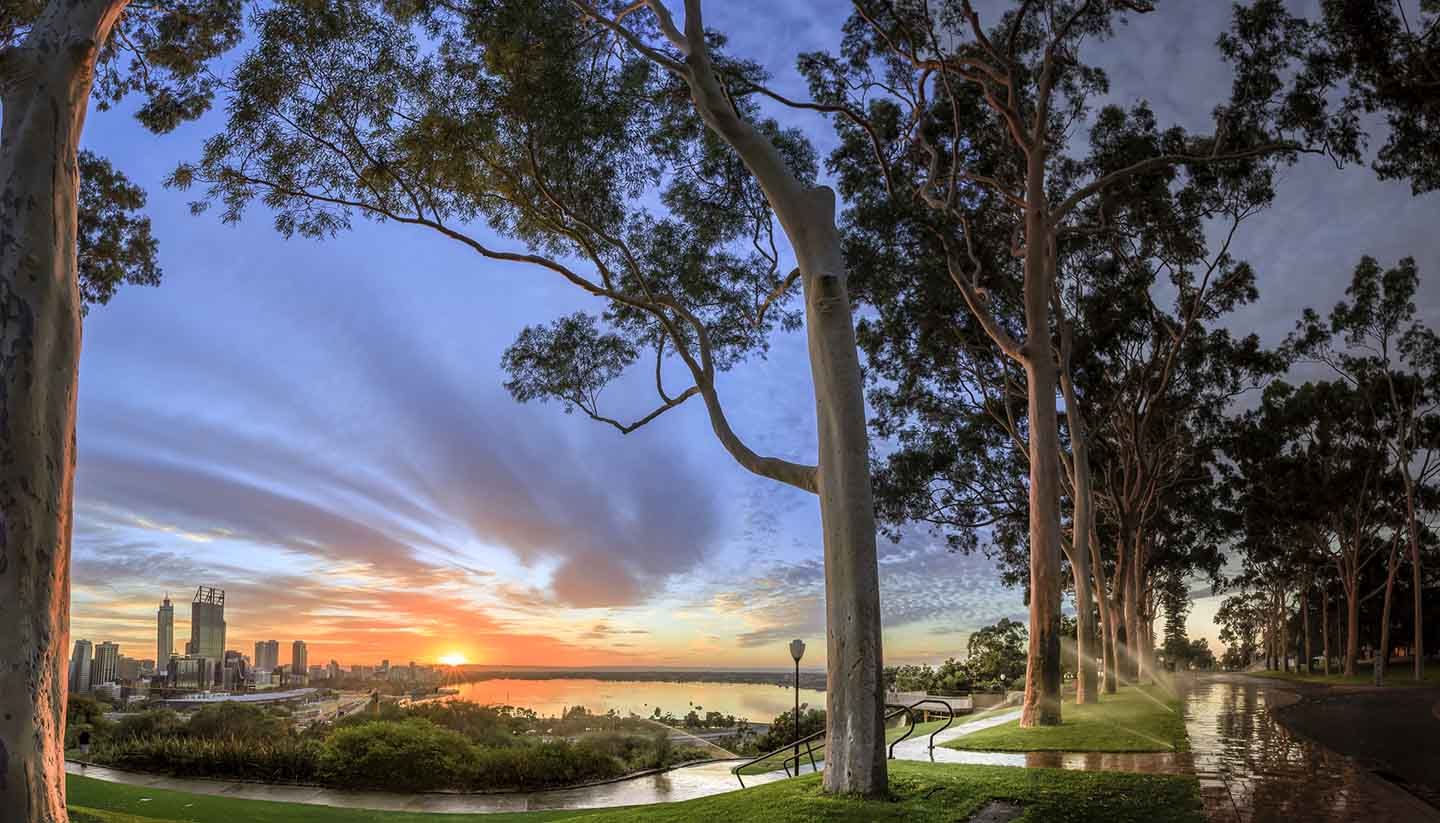Perth History
Life was no bed of roses when the British first settled in Perth, but the discovery of gold and minerals transformed this city into a glittering boomtown.
Before the Brits arrived in town, the area was home to the Noongar, who arrived from the north 40,000 to 60,000 years ago. The first European visitors were the Dutch, who hit the coast of Western Australia entirely by accident in the early 1600s, when they were blown off course en route to Jakarta.
But when the British suspected the pesky French had their eye on this part of Australia, they made their move west, arriving in 1827 and establishing a colony at the mouth of the Swan River before officially declaring the foundation of Perth in 1829. Families were enticed to the area with free plots of land, but Perth’s isolation made it a hard sell.
Relations with the aboriginal population started off well enough, but soon deteriorated, and it wasn’t long before settlers forced the indigenous peoples to move elsewhere.
A boost to Perth’s population and labour force came when convicts were introduced in 1850. And the city hit the big time when gold was discovered in the 1890s. Post-WWII migration and the minerals boom of the 1960s and 70s saw further growth in the city’s population and skyline.
Today, Perth is home to a diverse population drawn from waves of multicultural migration. The resources and mining boom has continued and ensured that Perth continues to grow and develop as a bustling and interesting city. It is now one of Australia’s most desired places to live.
Did you know?
• When convicts were brought in to bolster Perth’s labour force, the first construction project they worked on was their own jail, the UNESCO-listed Fremantle Prison.
• Perth became known as the ‘City of Light’ after the city’s residents turned on all the lights as US astronaut John Glenn flew overhead in 1962. They did it again for him in 1998.
• Inaugurated in 1953, the Perth International Arts Festival is the oldest international multi-arts festival in the southern hemisphere.


